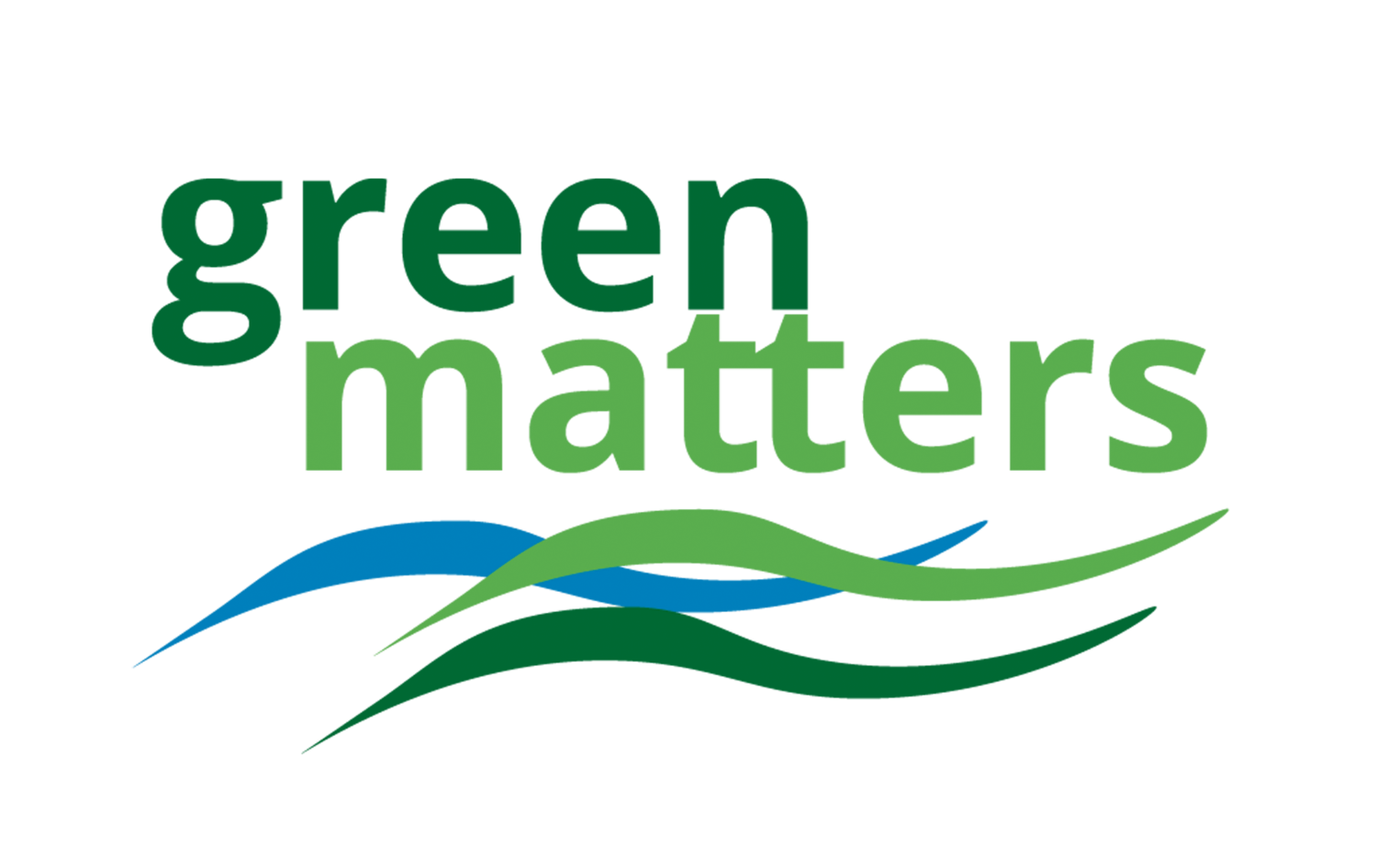Independence through Aquaponics
Katherine at Princeton High School, Princeton, NJ
$1650 in March 2022
Our very first grantee set a high bar with this ambitious project to spread awareness of environmental and social justice issues related to inaccessibility of fresh food in urban areas – and the enormous potential of cityscapes to absorb carbon, grow food, and combat climate change.
This project explored the use of aquaponics as a means of sustainable food production in a courtyard at Princeton High School. As Katherine wrote in her Final Report (a grant requirement):
“I am passionate about environmental science and food security, which has led me to collaborate with other students and staff at my high school, specifically within our research program. We were motivated by our past (and ongoing!) success with raising and utilizing black soldier flies to create environmentally friendly alternatives to oil-based products such as soaps. Similarly, aquaponics is another innovative method of reducing the waste and greenhouse gas emissions that are byproducts of traditional agriculture. Aquaponics creates a mutually beneficial relationship between aquaculture (raising fish*) and hydroponics (growing plants in water without soil).”
*Fish are raised in a water tank, and the water becomes nutrient-rich with ammonia due to the fish waste. Next, the water from the fish tank is pumped into a grow bed, where the ammonia is broken down into nitrates that fertilize the plants. At the same time, the grow bed serves the purpose of filtering the water, which then returns to the fish tank as clean water. The system is self-contained and self-sustaining, allowing for reduced water consumption and maximum efficiency.

